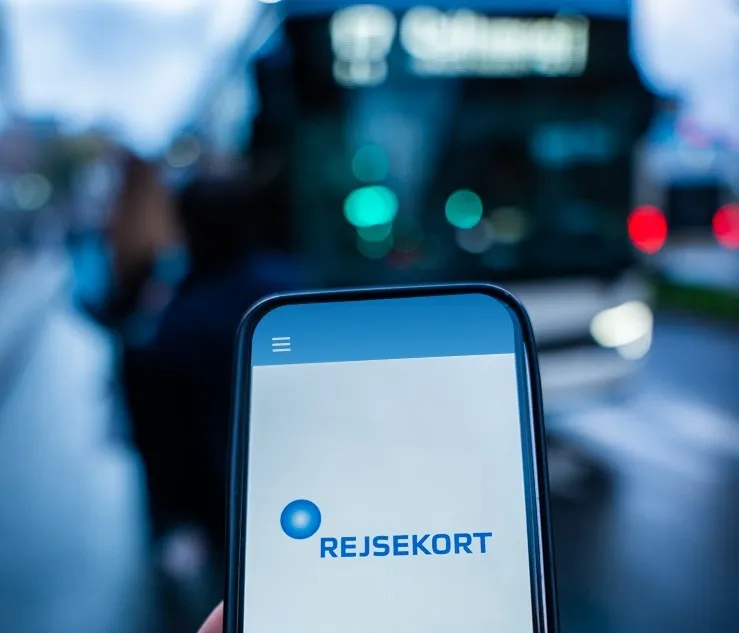Eurotunnel and the British mobile telephone operators EE and Vodafone have signed a ten year agreement to offer mobile services in the Channel Tunnel. Customers of both operators will have access to 2G and 3G services in the UK to France north tunnel (UK to France). Both EE and Vodafone intend to offer 4G data services throughout the tunnel in the future.
This will enable passengers of both Le Shuttle and high speed passenger trains to use their mobile phone or tablet device at any point of the journe
January 9, 2014
Read time: 2 mins
Eurotunnel and the British mobile telephone operators EE and 813 Vodafone have signed a ten year agreement to offer mobile services in the Channel Tunnel. Customers of both operators will have access to 2G and 3G services in the UK to France north tunnel (UK to France). Both EE and Vodafone intend to offer 4G data services throughout the tunnel in the future.
This will enable passengers of both Le Shuttle and high speed passenger trains to use their mobile phone or tablet device at any point of the journey through the Channel Tunnel. The quality of communication will be equivalent to a call made in Paris, London or anywhere above ground.
The news was confirmed and welcomed today by7510 Axell Wireless, the British company providing the technology using a fibre optic Distributed Antenna System (DAS) to propagate mobile signals, both voice and data, throughout the tunnel.
Ian Brown, CEO of Axell Wireless explained: “Cellular connections in rail transportation are the future. Wireless coverage is the fourth utility – people expect it as a given, wherever they are.”
This will enable passengers of both Le Shuttle and high speed passenger trains to use their mobile phone or tablet device at any point of the journey through the Channel Tunnel. The quality of communication will be equivalent to a call made in Paris, London or anywhere above ground.
The news was confirmed and welcomed today by
Ian Brown, CEO of Axell Wireless explained: “Cellular connections in rail transportation are the future. Wireless coverage is the fourth utility – people expect it as a given, wherever they are.”










